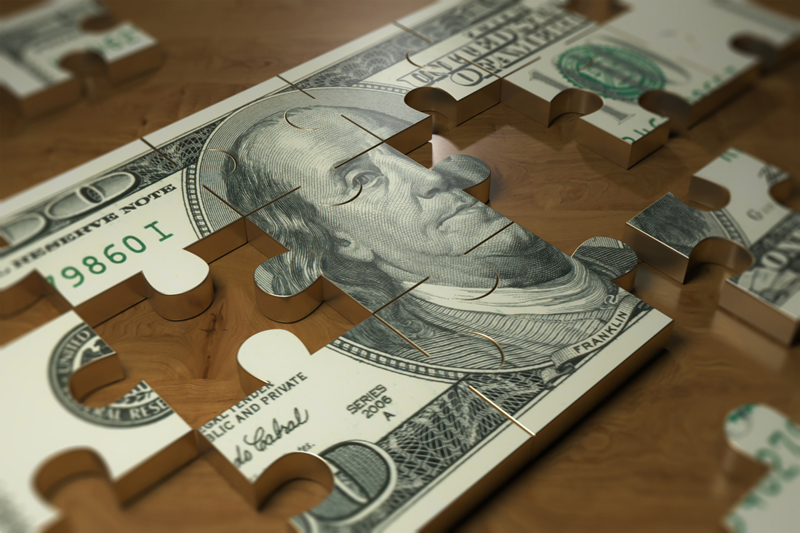Protect your Information at Home
-
Limit the number of credit cards you have and cancel inactive accounts.
-
Reconcile your check and credit card statements in a timely fashion. Immediately challenge any purchases you did not make.
-
Scrutinize your utility and subscription bills to make sure the charges are yours.
-
Keep a list of all your credit and bank accounts in a secure place so you can quickly call the issuers to inform them about missing or stolen cards. Include account numbers, expiration dates and telephone numbers of customer service and fraud departments.
-
Do not toss pre-approved credit offers in your trash or recycling bin without first tearing them into small pieces or shredding them. Dumpster divers can use these offers to order credit cards in your name and mail them to their address. Always do the same with other sensitive information, such as credit card receipts and phone bills.
-
Avoid credit repair scams. If you are tempted to contact a credit repair company for help, use considerable caution. The FTC and a number of state attorney generals have sued credit repair companies for false promises to remove bad information from credit reports. Only inaccurate information may be removed from your credit report; negative information that is accurate (such as a bankruptcy filing or a defaulted loan) will stay on your credit report as long as governing laws allow.
Limit what information thieves can get from your purse or wallet
-
Never give any credit card, bank or Social Security information to anyone by telephone unless you can positively verify that the call is legitimate.
-
Minimize exposure of your Social Security and credit card numbers. If the numbers are requested for check-cashing purposes, ask if the business has alternative options, such as a check-cashing card.
-
Do not have your bank send your new checks to your home address. Tell the bank that you prefer to pick them up.
-
Destroy all checks immediately after you close a checking account. Destroy or keep in a secure place any courtesy checks that your bank or credit card company sends to you.
-
Do not allow your financial institution to print your Social Security Number on your personal checks.

